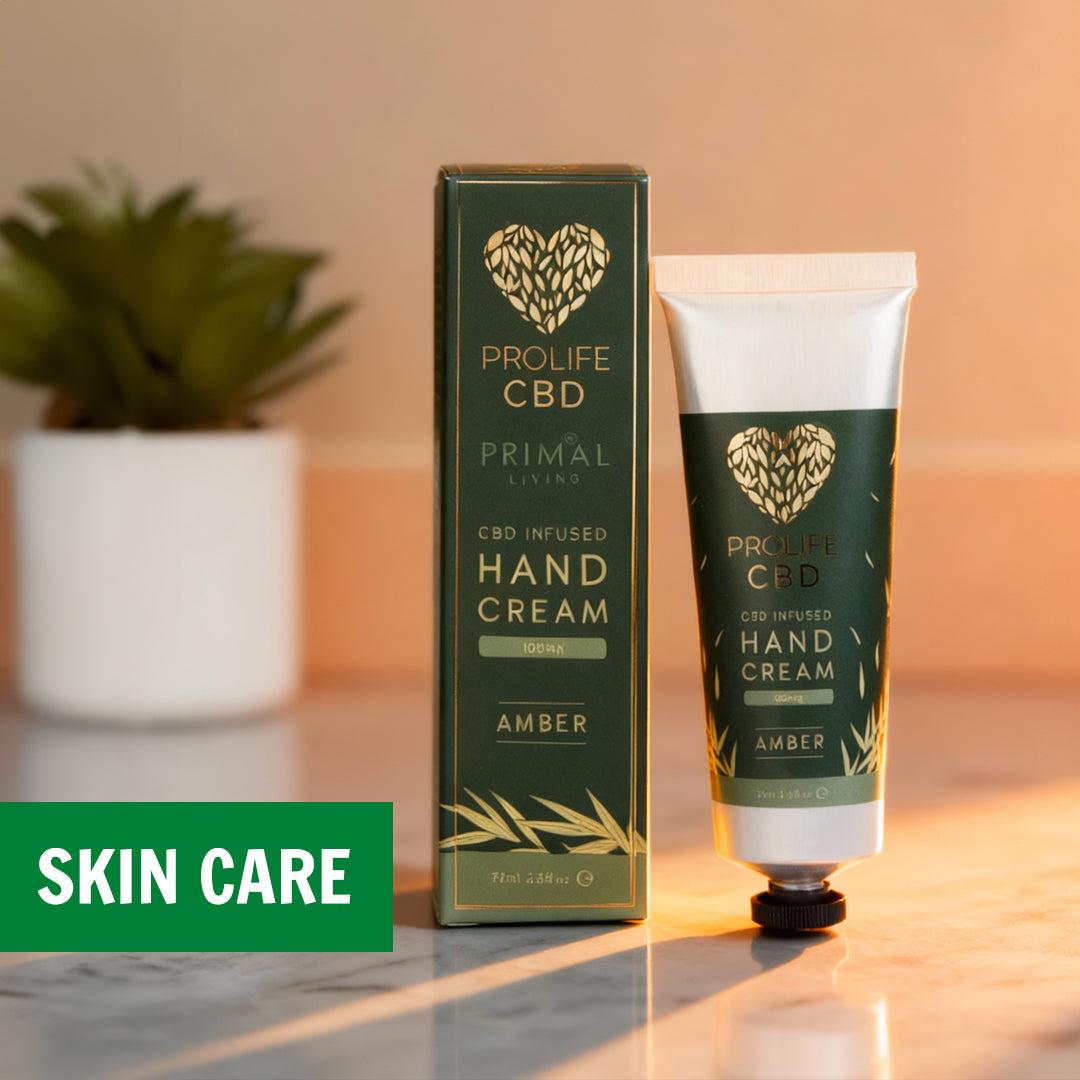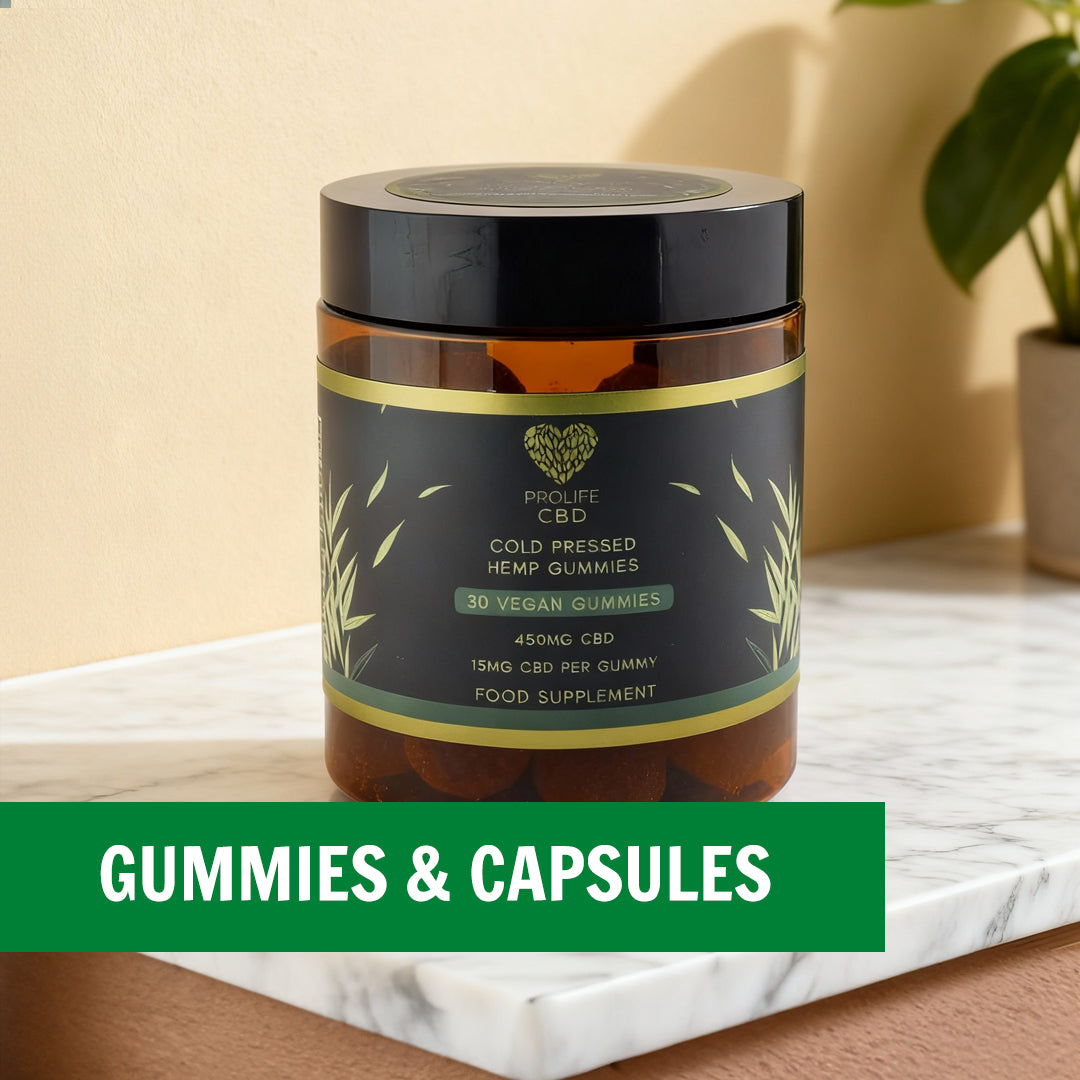

No No No! CBD does not get you high! CBD is 100% non psychoactive which is why CBD does not get you high!
It is an important question to ask but one that we want a lot more people to be informed about.
Until recently, the only way of getting the benefits that we are now seeing from CBD was to consume the whole plant, and therefore consume THC in high doses. THC is the compound that creates 'the high'.
Many people think of cannabis and think of 'getting high' but the important thing to know is that CBD is just one cannabinoid (or compound) of over 100 different cannabinoids found in the cannabis plant. The two predominant cannabinoids are CBD and THC. THC IS the psychoactive compound but CBD oil MUST contain less than 0.02% of THC to be legal in the UK and less than 0.03% in the US.
With recent advances in science, it is now understood how different parts of the cannabis plant interact with our body.

Why doesn't CBD get you high?
Cannabinoids, like CBD, can be explained in two different forms:
- Phytocannabinoids
- Endocannabinoids
Phytocannabinoids
The prefix phyto- means "of a plant". Phytocannabinoids are chemical compounds produced by the cannabis plant.
Endocannabinoids
Endocannabinoids are cannabinoids that are produced by us within the human body. Their chemical structure is similar (not identical) to the phytocannabinoids.
BUT - we of course don't produce our own psychoactive high!
The concentration of endocannabinoids in your body act to keep us in balance or homeostasis but the level is low enough that there’s no way you could experience a high or feel pain relief from trauma. To feel those effects, you need to add phytocannabinoids.
Now that this is clear, let's look at what happens within the body in response to cannabinoids.
Our brains are made up of millions of neurons that allow us to function, feel, taste, live etc. One of these neuron types is known as the cannabinoid receptor or CB1.
THC attaches itself to these receptors and sends them into overdrive, creating a high. CBD doesn't stick to the receptors in the same way and therefore doesn't create the high.
When CBD is introduced into the brain, it causes CB1 receptors to function, thereby reducing any anxiety. The serotonin receptors, when CBD is present, work to reduce depression and contribute to a large number of neurological and biological systems. The vanilloid receptors are involved in the regulation of pain. When CBD is present, pain and inflammation are not as acute.
So what feeling do you get from taking CBD?
CBD can be used topically to help inflammation, swelling or pain and most people report an immediate relief without side effects. More commonly, CBD is taken orally, usually via drops under the tongue and may make you feel calm, relaxed, pain free or just generally better.
We have not heard of any negative side effects and there has never been a reporting of an overdose on CBD. Cannabis (containing all compounds, including THC) is an illegal drug in most parts of the world due to the 'high' that it can give consumers. However - CBD is only an extract from the same plant.

Are there any side effects?
The short answer is no. Scientists haven’t explicitly said that, but research and studies have shown that the biggest side effect of CBD products like CBD oil is dry mouth.
However, you should always still consult your doctor. CBD can interfere with the liver’s ability to metabolize other pharmaceutical products so if you take any medication, be sure to consult your doctor first.





0 comments